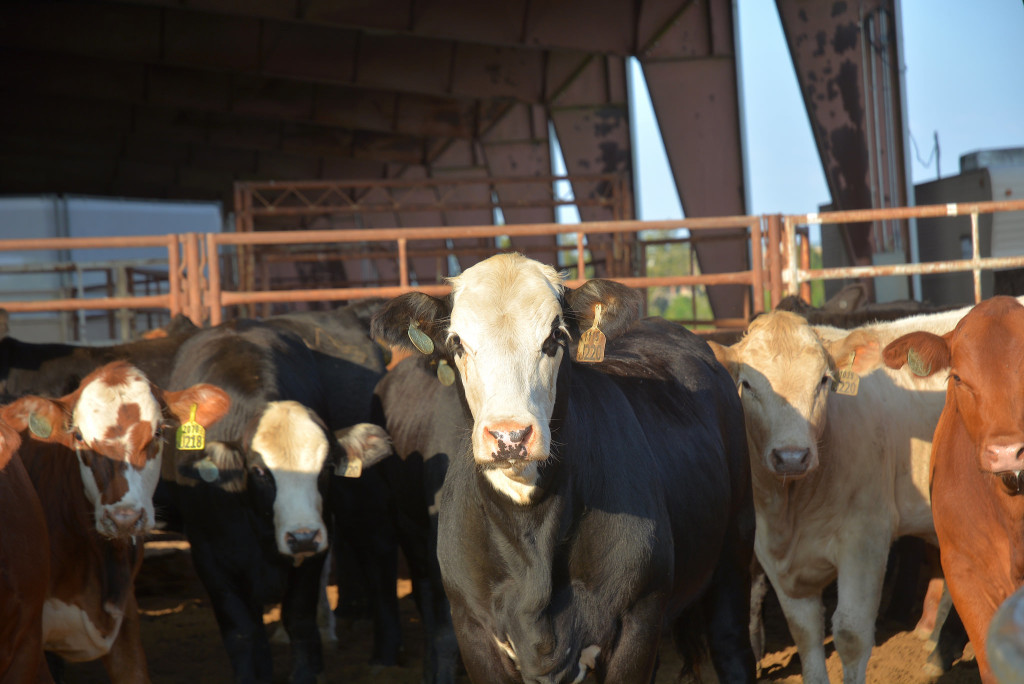On Monday, we outlined practices an agricultural operator can take to avoid hiring undercover activists. Today, in Part 2 of our series, we focus on what operators should do after hiring employees with regard to developing written policies and training procedures.
It is recommended that agriculture operations put all policies in writing, ensure necessary equipment is available, conduct ongoing training, and monitor employees to be sure policies are followed.
1. Develop detailed animal care and handling policies.
Topics to consider include general animal handling, dealing with downed animals, euthanasia procedures, and identifying when medical treatment is necessary.
Producers often work with veterinarians or industry groups, such as the National Dairy Farmers Assuring Responsible Management (FARM) Program or Merck Animal Health’s Dairy Care365TM, to develop these policies. For example, FARM offers a dairy animal care manual and a third-party compliance system to ensure the effectiveness of policy implementation. Dairy Care 365 provides many standard operating procedures written and ready for customization, while Extension programs also often publish animal care and handling guidelines. There are also private industry groups that offer similar programs and assistance.
Another important provision to consider is one requiring that all observations of animal abuse be reported within a short time frame (many operators use 48 hours) to a designated person or persons. This will help ensure that employees witnessing abuse will speak up immediately, rather than allowing abuse to continue.
Importantly, a copy of the final policies should be given to each employee upon hiring, and the employer should obtain a signed acknowledgement from each employee stating that he or she has reviewed, understood, and will abide by each policy.
2. Provide proper equipment and tools.
It is equally important to ensure that employees have access to the proper tools and equipment identified in such policies. For example, dairies and feedlots often have a policy for moving downed animals that involves the use of a sled. If the operation does not have a sled available, that written policy is basically worthless. In more than one undercover video investigation, the failure to have the necessary equipment for policy compliance has been discovered.
3. Offer ongoing training.
Having new employees review and sign off on animal care and handling policies is important, but not sufficient. In addition, operators should conduct ongoing employee training. Having a veterinarian come to the farm to meet with employees and offer hands-on demonstrations may be useful. Many states offer Extension programs related to animal care and handling techniques. Additionally, various industry groups offer training materials on topics that may be useful for employees. Examples include the FARM Program and the Beef Quality Assurance Program animal handling and stockmanship training. The University of Minnesota Dairy Stockmanship website offers short YouTube videos on animal handling that could be integrated into training.
Employers should require all employees to sign a form verifying they have attended such training programs and understood the information presented.
4. Consider implementing policies related to recording and photography.
Employers may want to consider written policies banning the use of any cameras or other recording devices in working areas. Given the prevalence of cell phones with video cameras, some farms have prohibited the use of cell phones unless written permission is obtained from the employer.
Additionally, producers may consider adopting a policy stating that any recording or photos taken on the premises is the property of the dairy, and must be immediately turned over to a designated owner or manager.
Finally, for those operators in states with animal protection (sometimes referred to as “ag gag”) statutes, the language prohibiting the use of certain devices or capturing of videos or photographs should mirror the statutory language in the applicable state. States currently with statutes include Utah, Iowa, Kansas, Missouri, Montana, North Dakota, North Carolina and South Carolina. As was explained in this prior blog post, Idaho’s law was recently declared unconstitutional.
5. Conduct your own undercover video investigation.
One interesting and useful idea is for owners to conduct their own periodic on-farm undercover investigations. These can be done by trusted employees, third-party evaluators, or even friends or neighbors. This will ensure employees are following the adopted policies, and give the owner an opportunity to see how the operation runs on a day-to-day basis – rather than just when the boss is looking over an employee’s shoulder. It also provides a good opportunity to evaluate individual employees, and take necessary actions against those who may not be adequately caring for the animals.
6. Enlist help from trusted employees.
Often, agricultural operations have one or more long-term, trustworthy employees. Operators should consider enlisting these employees to help keep watch for any animal abuse, violation of policies, videotaping or photographing, or any other suspicious behavior. People often act very differently in front of management or owners than they might around their co-workers, so having eyes and ears “on the ground” may prove very beneficial.












